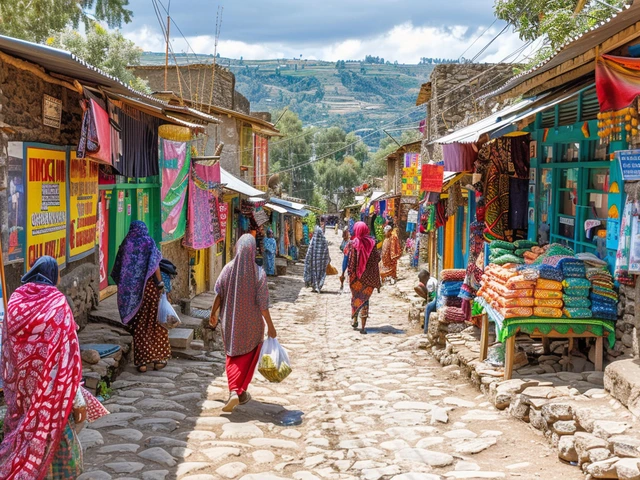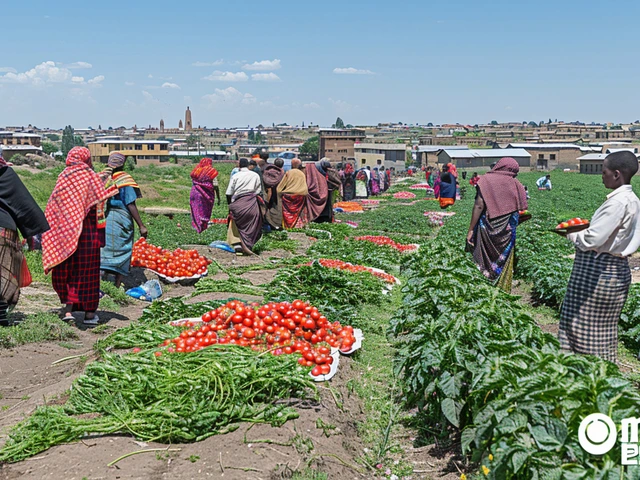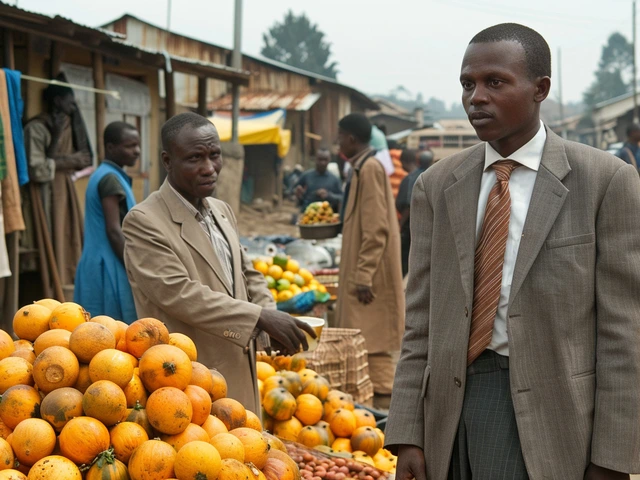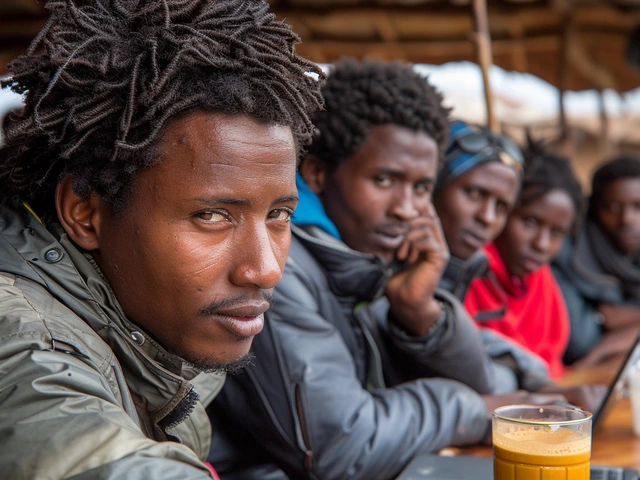Poverty in Ethiopia: What It Looks Like and What Can Change
Poverty in Ethiopia means more than just a lack of money—it's about tough choices, missed opportunities, and daily struggles that impact millions. If you walk through Addis Ababa or a rural village, you'll see very different lifestyles. Some live comfortably, but many don’t have stable jobs or enough to support their families. The wealth gap is huge, even though the country is working hard to grow its economy.
One of the main reasons poverty sticks around is tied to jobs and wages. Most Ethiopians depend on farming, but farming is risky. Drought or a bad harvest means less to eat and even less money. City jobs are growing in places like manufacturing, tech, and services, but not everyone can move to cities, and even there, salaries can barely keep up with rising living costs. For example, a teacher—or even a pharmacist—may need to take on second jobs to cover basic needs. Looking at the official numbers, there’s no clear nationwide minimum wage either. That means workers often have to accept whatever little pay they can get.
Rent is a big chunk of monthly expenses, especially in Addis Ababa. Research shows many people spend more than half their income just on housing. That leaves little for food, health, or savings. Some families share cramped spaces with several relatives just to afford the rent. In rural areas, traditional housing is cheaper, but there’s less access to jobs, electricity, and healthcare.
Young people and recent graduates have it rough. There aren’t enough formal jobs, so they turn to gig work, selling goods at markets, or online hustles. It’s possible to make money online—through freelancing, e-commerce, or teaching a language—but Internet access can be expensive and unreliable for many.
The government is trying to attract foreign investment. You’ll see new factories popping up and roads under construction, which helps create some jobs, but it’s not enough for everyone. Big business owners and foreign investors do well, but smaller entrepreneurs struggle to get loans or business support. The result? The rich get richer, while millions still scrape by.
Despite these hurdles, there are clear opportunities for change. Agricultural innovation, better tech access, affordable housing projects, and targeted education could help break the poverty cycle. But for real progress, Ethiopia needs to make sure economic growth benefits every layer of society, not just those at the top.
Everyday stories of people hustling in the cities, creative side-businesses, and community efforts to support the needy show that solutions are possible when given a chance. Poverty in Ethiopia is a tough problem, but it’s not an unsolvable one. If good jobs, fair wages, and access to education and health keep expanding, even the most stubborn poverty lines can start to move.





